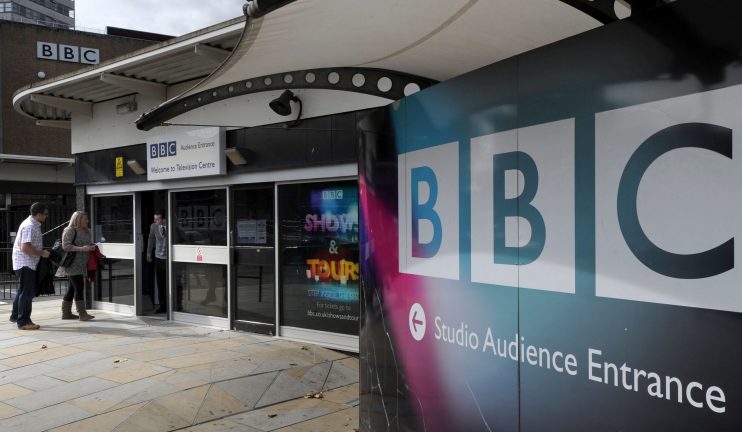Think carefully before shaking up the BBC licence fee
The future of the BBC is in the spotlight once again.
The government is running a consultation on the decriminalisation of the licence fee, and there has been plenty of speculation in the press as to whether there could be further changes to the way the BBC is funded or what its remit should be.
First, let me say that the BBC welcomes a well-informed debate, and is already adapting. But with calls growing louder in some circles to scrap the licence fee altogether, it is worth remembering what we have now.
The BBC sits at the heart of the UK’s creative industries, generating around £2 of value for every £1 spent in licence fee funding. It is the largest single investor in UK original TV and radio content, and helps sustain thousands of small suppliers up and down the country, as well as playing a vital role in investing in new talent.
From Phoebe Waller-Bridge, whose one-woman show at the Edinburgh Fringe became the worldwide hit Fleabag, to BBC Introducing that gave a first break to artists like Florence and The Machine, Jake Bugg and George Ezra, the BBC is able to take more risks and introduce more new talent to larger audiences than any of its competitors.
What is more, because of how the BBC is structured, this support isn’t just focused on London, but is spread across the whole country.
Overseas, the BBC remains a hugely respected brand which generates much goodwill for the UK and helps amplify Britain’s voice at a time when we are forging a new role for ourselves internationally. Reaching around 430m people outside the UK every week, formats like Strictly Come Dancing are sold to dozens of countries worldwide and over a billion people have watched one of Sir David Attenborough’s Planet programmes.
This international success is sometimes used as an argument for commercialising BBC content abroad. But simplistic calls for an international version of the iPlayer or worldwide subscription service overlook the fact that many of the non-UK rights for programmes are held by independent production companies who choose to sell them to third parties.
Back here in the UK, if the BBC were to move away from universal funding via the licence fee (backed by proper sanctions), you would likely see a very different kind of organisation. A BBC funded by subscription would have to prioritise only those who could pay, rather than everyone, young and old, who enjoys the BBC at the moment for just over 40 pence a day.
It would put at risk our investment in the creative hubs which are generating economic growth across the UK, in Salford, Birmingham and Cardiff.
Programmes themselves would become less distinctively British and increasingly designed to appeal to international tastes. Support for children’s and education programming would probably decline (as it has for commercial broadcasters), and there would be many services, such as local radio, that would no longer make sense economically.
The move to fund the BBC by subscription or advertising would also damage existing players, and take revenue away from other sectors.
The licence fee is guaranteed until 2027 and remains the most popular way of funding the BBC, not just within broadcasting , but among the public as well. We should think very carefully before making changes to it.
Aside from the huge practical difficulties of being unable to put radio and TV services behind a paywall, we would be both economically and culturally poorer as a nation, having fundamentally changed the nature of one of the UK’s most successful and popular media providers that currently reaches nine out of 10 adults every week and eight out of 10 younger people.
This is one of our top global brands. We should support the BBC and the important role it plays for Britain.
Main image credit: Getty
